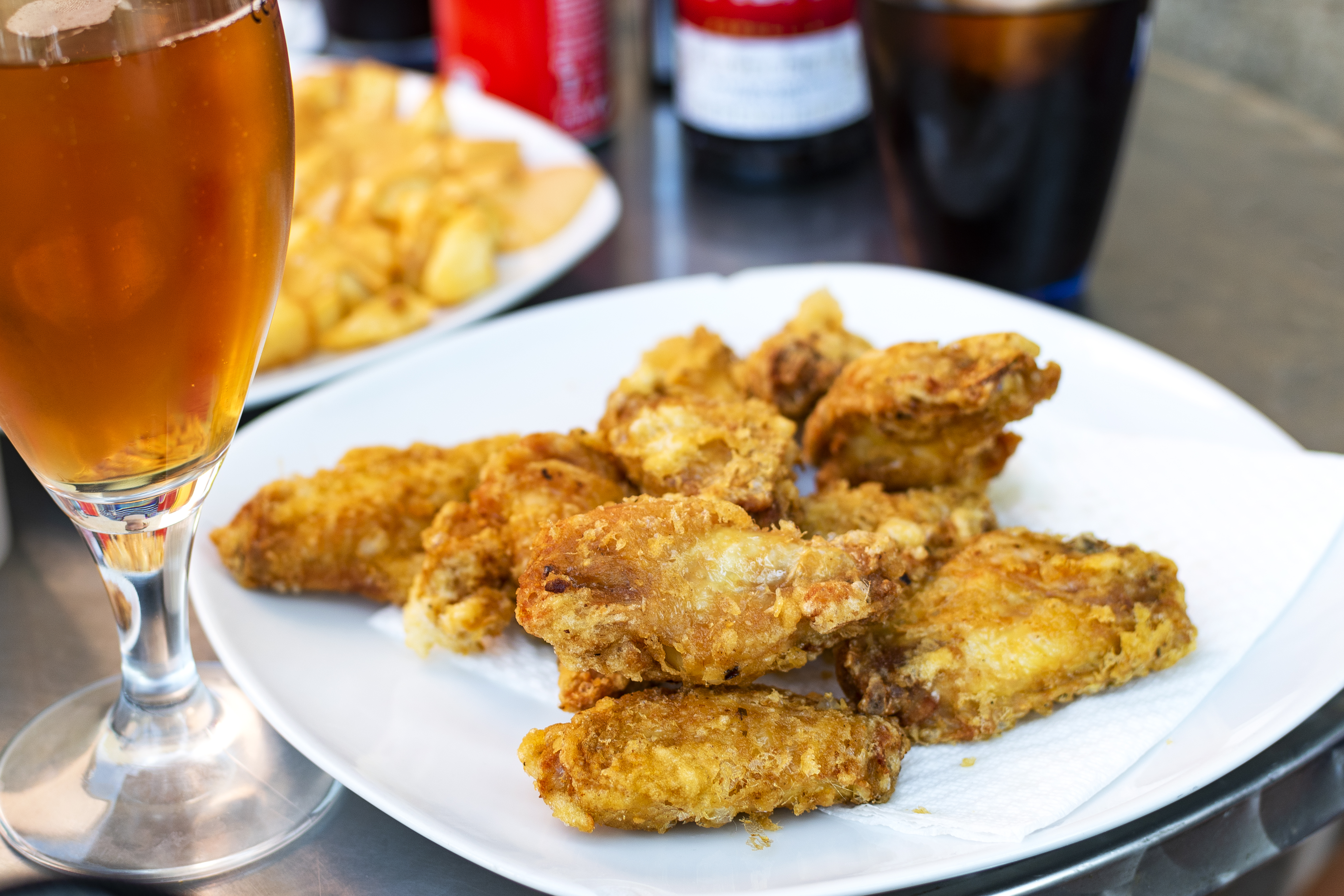Strange Causes of Headaches That Have Nothing to Do With Dehydration
3. Dietary Habits: The Role of Food and Drink

Certain foods and beverages can also trigger headaches, even when they are not consumed in excess. Common dietary triggers include aged cheeses, processed meats, and foods containing additives like MSG. Additionally, caffeine withdrawal can lead to headaches in individuals who regularly consume caffeinated beverages. Understanding the connection between diet and headaches involves recognizing how specific foods and drinks can affect the body. This section will delve into the biochemical reactions that certain foods can cause, explaining why they might lead to headaches. By identifying and avoiding dietary triggers, individuals can reduce the frequency and severity of their headaches.
4. Hormonal Fluctuations: The Gender Connection

Hormonal changes, particularly in women, are a significant but often overlooked trigger of headaches. Fluctuations in estrogen levels, such as those occurring during menstruation, pregnancy, or menopause, can lead to headaches. These hormone-related headaches are often referred to as menstrual migraines and can be particularly debilitating. Understanding the role of hormones in headache development requires an exploration of how hormonal changes affect the body's pain pathways and neurological functions. By recognizing hormonal patterns and their impact on headaches, women can better manage their symptoms through lifestyle adjustments or medical interventions.
